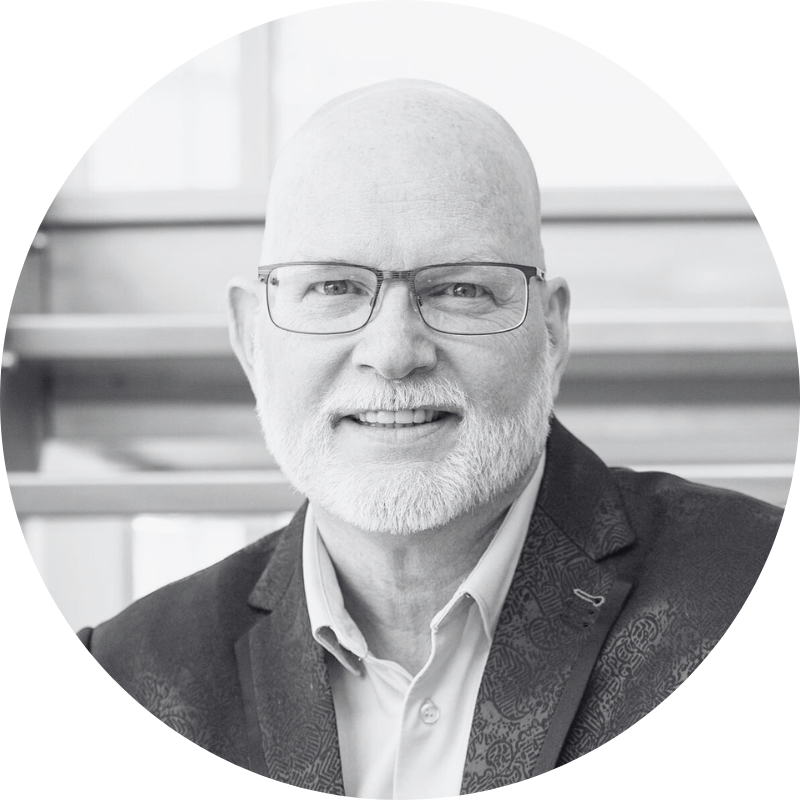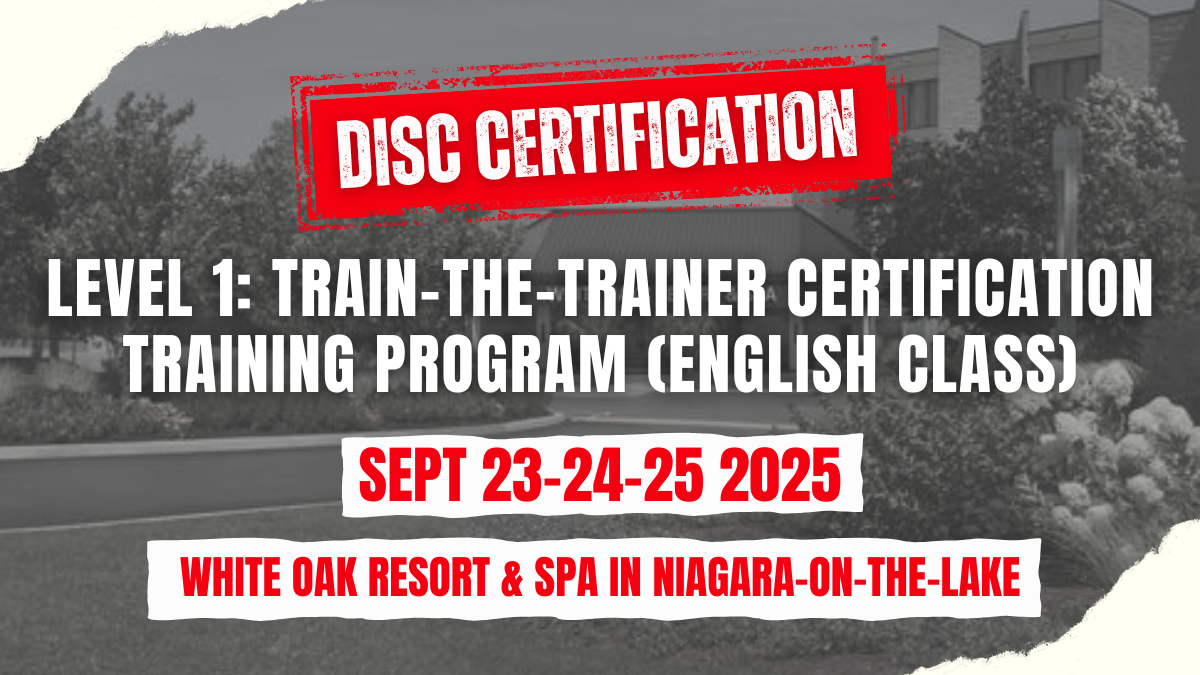What’s the real game-changer in today’s economy? It’s us—we, as people, are at the heart of it all. Gone are the days of just machines churning away. As we mentioned in part 1 of our blog series on human performance, now, it’s all about the human touch — it’s our ideas and passions that drive the engine. The shift from a mechanical mindset to one fueled by our humanity has transformed the economic landscape. And many companies are recognizing this shift.
Businesses are waking up to the realization that understanding people’s emotions, needs, and desires isn’t just important—it’s essential. It’s about empathy, creativity, and forging genuine connections, both with customers and within the company itself. Technology may be advancing, but it’s not the sole focus anymore; now, it’s about leveraging our human qualities to fuel innovation and propel growth.
Despite this awareness, many companies are still lagging behind. Why? Well, a big part of it is that they’re clinging to outdated mindsets. Instead of embracing the value of collaboration and genuine connection, they’re stuck on the idea of extracting value from people. But here’s the thing: true success lies in bringing value to people as fellow humans.
So, why does this matter? Much like in espionage, success in today’s world means understanding people—what drives them and what they desire. Just as spies decode messages and uncover secrets, businesses must decode the needs and desires of their customers to thrive.
It’s time to shift focus from extraction to collaboration, from legacy mindsets to embracing our shared humanity. That’s where the real value lies. Let’s uncover it together here in part 2 of our blog series on human performance.
What is Human Sustainability?
Human sustainability, as described by Deloitte’s 2024 Global Human Capital Trends research, is all about how much an organization enriches people’s lives, leaving them healthier, more skilled, and better positioned for success. It’s about creating good jobs, offering opportunities for growth, advancing equity, fostering a sense of belonging, and connecting people with a deeper purpose.
In simpler terms, it’s a shift in focus for companies. Instead of just looking at how people can benefit their organization, it’s about how the organization can benefit people. This approach is crucial because it builds trust and loyalty.
When companies prioritize the well-being and satisfaction of their customers, employees, and communities, they forge positive relationships that pave the way for lasting success. Happy customers are more likely to come back for more and spread the word to others. Likewise, content employees tend to be more productive and inclined to stick around.
Moreover, when a company focuses on making a positive impact on people’s lives, it earns a stellar reputation and becomes a magnet for top talent. Known for their social responsibility, these companies become sought-after places to work, resulting in a stronger workforce and better overall performance.
In today’s digital age, where news travels fast via social media and online platforms, organizations that prioritize people’s well-being tend to win support and goodwill from the public. This ripple effect boosts their standing and influence in the community.
A Lack of Social Metrics

Living in an economy powered by humanity isn’t exactly a new concept. Many organizations are aware of the importance of focusing on their people and teams, as highlighted by a whopping 76% of respondents in Deloitte’s 2024 Global Human Capital Trends report. But here’s the catch: despite this widespread acknowledgment, numerous organizations struggle to enact these changes simply because they lack a clear roadmap or metrics for implementation.
According to Deloitte’s report, only 19% of leaders claim to have highly reliable metrics for measuring the social aspect of ESG (Environmental, Social, and Governance) within their companies. Furthermore, just 29% strongly agree that they fully understand how to achieve these goals.
ESG serves as a vital framework for organizations to evaluate their practices and performance concerning sustainability and ethical considerations. It’s a valuable tool for identifying risks and opportunities in these domains. However, its effectiveness hinges on equal attention to all three aspects, and recent findings suggest that the social component (the “S” in ESG) often gets overlooked.
Beyond the lack of focus on creating social metrics, many organizations still cling to the outdated notion of extracting value from their teams instead of fostering their individual growth and well-being.
The sad reality is that some organizations remain fixated on short-term gains, neglecting investments that could propel them forward in the long run. Success isn’t something you achieve overnight; it requires sustained, collaborative efforts over time.
Truly supporting your team’s success isn’t just about offering superficial perks like gym memberships or meditation classes—it’s about striking a balance between short-term initiatives and long-term strategies that tackle the underlying structural and systemic issues affecting both current and future generations of employees.
Signs Your Organization Needs To Prioritize Human Sustainability
If you’re unsure whether your organization is lacking in the S aspect, Deloitte’s research shares a couple of things that you can use as a parameter.
-
- You find it difficult for your organization to meet goals related to well-being, improving worker skills, and promoting diversity, equity, and inclusion.
- You have unclear ESG goals and find that you don’t have the tools to measure them properly, or you’re not sure why they’re important for your business.
- Your company is unsure about how to adjust to the way workers are changing how they see their jobs and what they mean in their lives.
- Your bosses are feeling stressed out because employees, customers, board members, and other important people are putting pressure on them about issues involving people.
- You’re dealing with more issues among your employees, like more accidents and sicknesses occurring at work. Plus, there’s a lot of worry among your staff about the idea of machines replacing some of their jobs.
Empowering Human Sustainability With DISC

If you’re nodding along to many or even all of the points mentioned above, it’s a clear sign that it’s time to take a closer look at your policies and metrics on human sustainability.
Thankfully, there’s a wealth of strategies you can adopt to empower your team. One of the most effective approaches is involving your workers, or even potential future employees, in shaping their roles within the organization.
Now, I know it might sound a bit unusual at first, but hear me out.
What stands out about the term “human sustainability” is the emphasis on the word “human.” As we discussed earlier, it’s all about how organizations create value for people as human beings and not human doings. And in my view, what better way to deliver value than by truly understanding what matters most to them on a personal level?
It could be as simple as opening up constructive dialogues about how they prefer to approach their work or what aspirations they have—aligned with their roles—that give their work a sense of purpose. This approach fosters a sense of autonomy and ongoing growth—nurturing their creativity and curiosity. By doing so, you’re more likely to find common ground where their personal definition of success and purpose aligns with the organization’s objectives as well.
Here’s how it can vary for each DISC personality:
(D) The Direct Persona:
-
- When asked to define how their work gets done or what goals they want to pursue, a Direct persona will likely respond with a straightforward and results-oriented approach.
- They might emphasize efficiency, productivity, and taking charge of tasks.
- Their definition of purpose might be aligned with achieving tangible outcomes, overcoming challenges, and being recognized for their leadership.
(I) The Inspiring Persona:
-
- An Inspiring persona, when asked about their work approach and goals, would focus on people and relationships.
- They might highlight the importance of collaboration, motivation, and creating a positive impact on others.
- Their definition of purpose could revolve around inspiring others, fostering teamwork, and leaving a legacy of enthusiasm and encouragement.
(S) The Supportive Persona:
-
- When asked to define how their work gets done or their goals, a Supportive persona would likely emphasize stability, harmony, and cooperation.
- They might prioritize creating a supportive environment, maintaining relationships, and ensuring everyone feels valued and included.
- Their definition of purpose might be centered around contributing to a cohesive team, providing assistance, and creating a sense of security for themselves and others.
(C) The Cautious Persona:
- A Cautious persona, when asked about their work approach and goals, would tend to focus on accuracy, detail, and planning.
- They might emphasize the importance of thorough analysis, risk management, and adhering to standards and procedures for consistency in their work.
- Their definition of purpose could involve achieving excellence, ensuring quality outcomes, and gaining mastery in their field.
Change Starts Today
Human sustainability isn’t a goal that every organization can reach overnight. Just like breaking any habit, it takes time and effort to shift away from a transactional approach to managing your team. But it’s a journey worth embarking on because the changes we make today will shape a brighter future for workers, employees, and organizations alike. Step by step, we can empower more businesses to flourish and positively impact more lives.
Keep your eyes on our upcoming blog posts as we dive deeper into the world of human sustainability.


